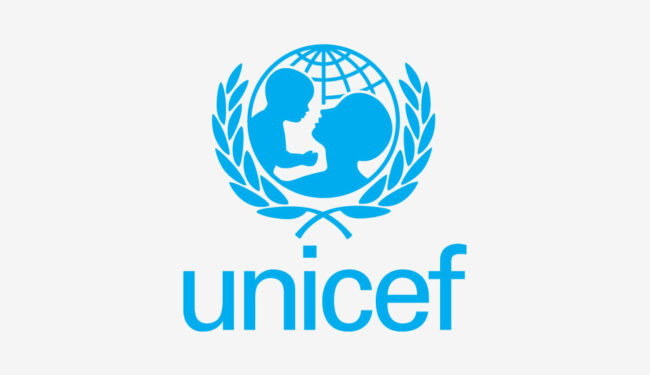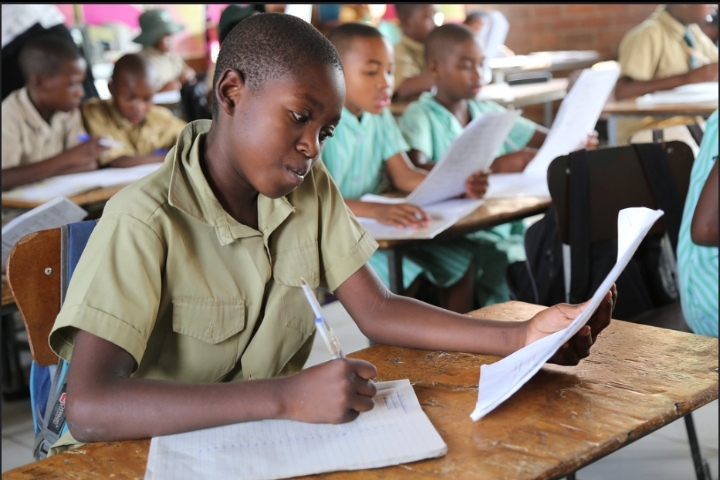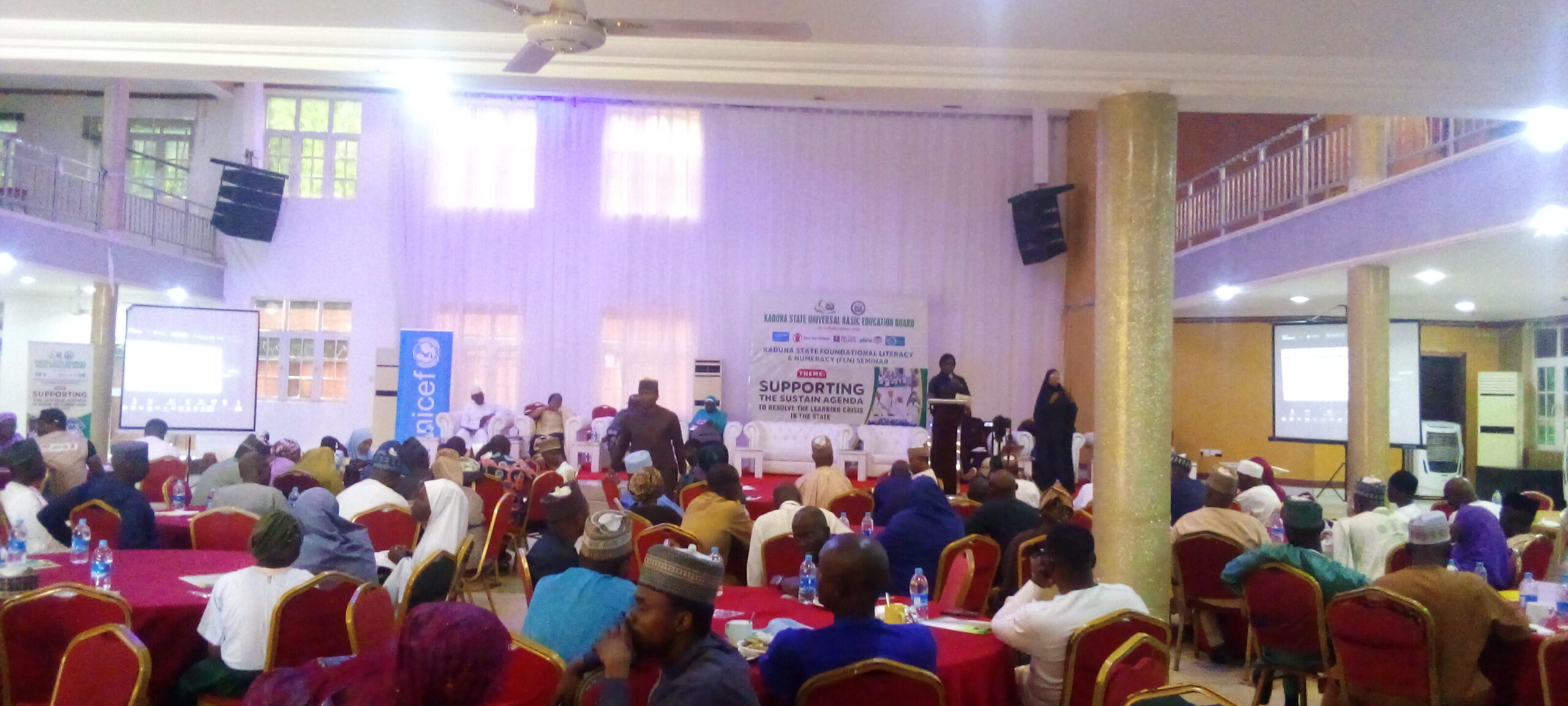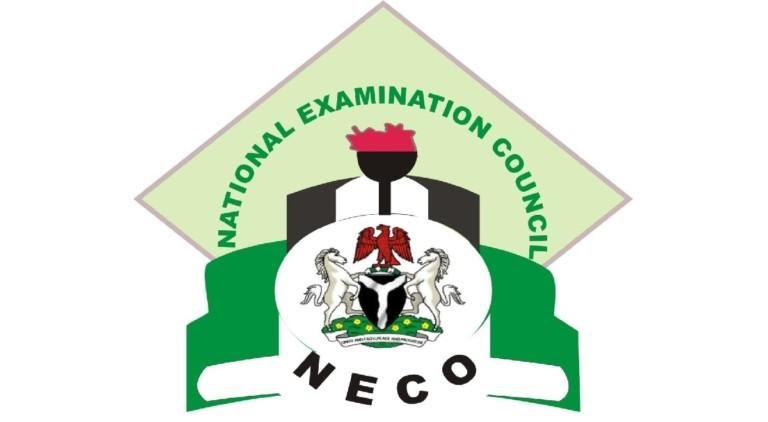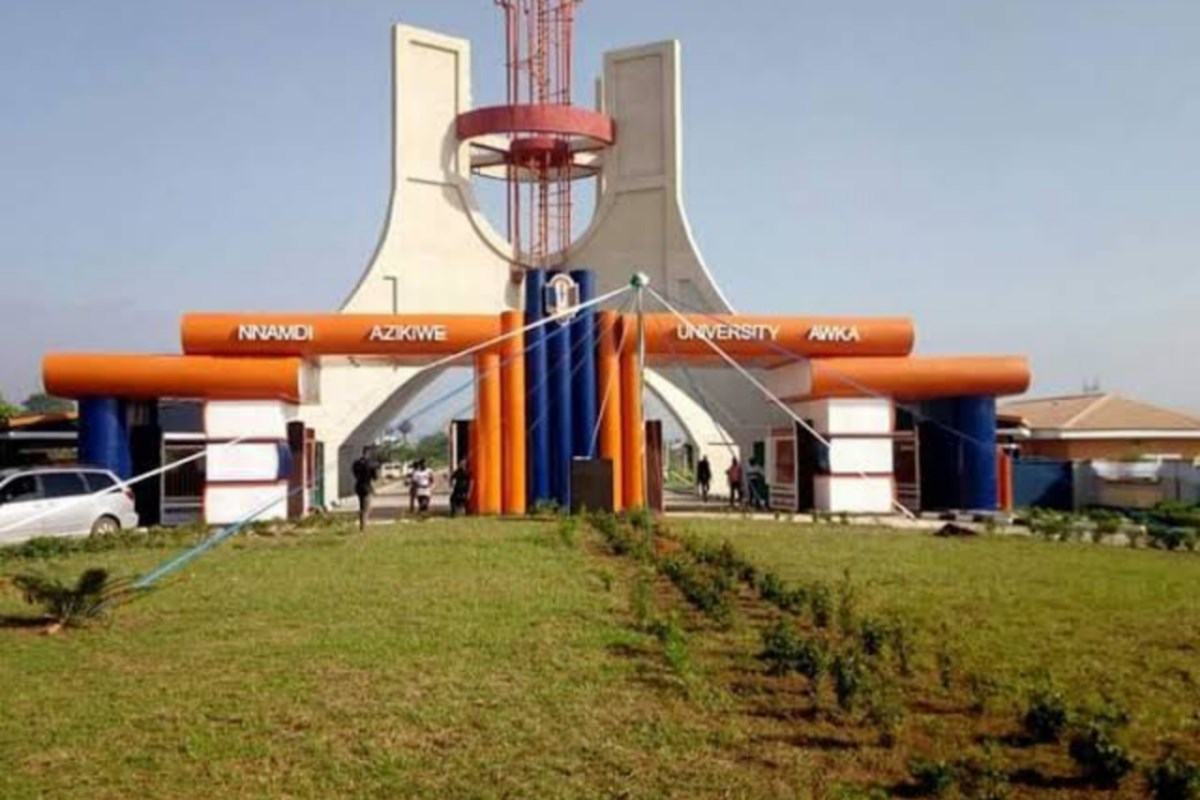UNICEF: Only 9.6% of Primary School Pupils in Kano State Are Proficient in Reading
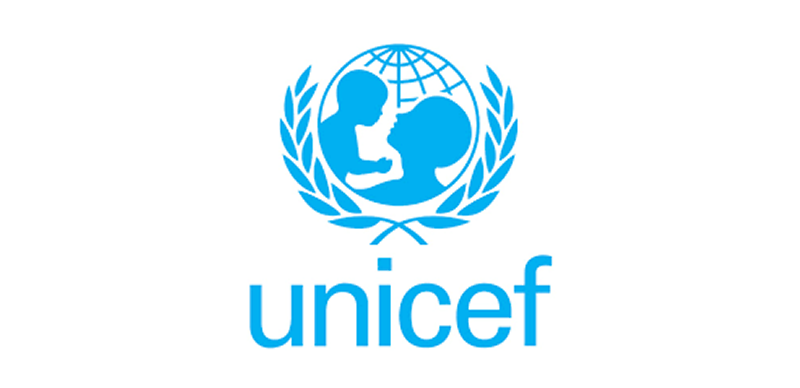

The United Nations Children’s Fund (UNICEF) has drawn attention to a severe education crisis in Kano State, reporting that only 9.6% of primary school pupils in the state demonstrate reading proficiency, while just 11.2% have basic numeracy skills.
This information was revealed by UNICEF’s Chief of Kano Field Office, Mr. Rahama Mohammed, during a press briefing held in Kano to commemorate the 2025 International Day for Education.
Mr. Mohammed noted that the state faces a significant educational challenge, with close to one million children out of school.
“UNICEF is deeply concerned about the state of education in Kano. The statistics are alarming, and urgent measures are needed to address the growing education crisis,” Mohammed said.
Data from the 2021 Multiple Indicator Cluster Survey (MICS) indicates that 989,234 primary school-aged children, representing about 32% of the population, are not currently enrolled in formal education in Kano.
UNICEF has been actively addressing the educational challenges in the state by supporting reforms, particularly through the integration of Quranic schools into the formal education system.
This initiative is designed to ensure that children attending Quranic schools also receive basic education alongside their religious studies.
“UNICEF has helped develop an integrated curriculum and provided training to over 290 Mallams and proprietors of Quranic schools across Kano and Jigawa states,” Mohammed explained.
“These efforts are crucial to ensuring that children attending these schools are not left behind in terms of formal education,” he added.
To improve the educational environment, UNICEF has concentrated on enhancing school infrastructure, including constructing climate-resilient facilities and providing Water, Sanitation, and Hygiene (WASH) resources.
Mr. Mohammed highlighted that these efforts have positively impacted students’ well-being and retention rates.
“UNICEF’s intervention has benefited 39,432 children, including 19,810 boys and 19,622 girls, through the construction and rehabilitation of WASH facilities in 33 schools across Kano and Jigawa states. These improved facilities have made a significant contribution to the retention of students in these schools,” he stated.
UNICEF has also worked to enhance the quality of education in Kano State by providing professional development programs for teachers and supplying learning materials to schools.
“UNICEF has enhanced the skills of 1,109 teachers through programs covering Reading and Numeracy Activities (RANA), Early Childhood Development, and HASKE for non-formal Quranic schools,” Mohammed noted.
Additionally, Mohammed revealed that UNICEF has distributed 630,249 teaching and learning materials to support Early Childhood Education and primary education throughout the state.
UNICEF extended its gratitude to its partners for their continued assistance in improving education in Kano and other northern states.
The European Union has worked with UNICEF on the Education and Youth Empowerment (EYE) Programme, covering Kano, Jigawa, and Sokoto states.
The Foreign, Commonwealth and Development Office has also collaborated with UNICEF on the CRIBS project in Kano and Jigawa.
Mr. Mohammed reaffirmed UNICEF’s dedication to supporting state government initiatives aimed at achieving improved basic education outcomes.



